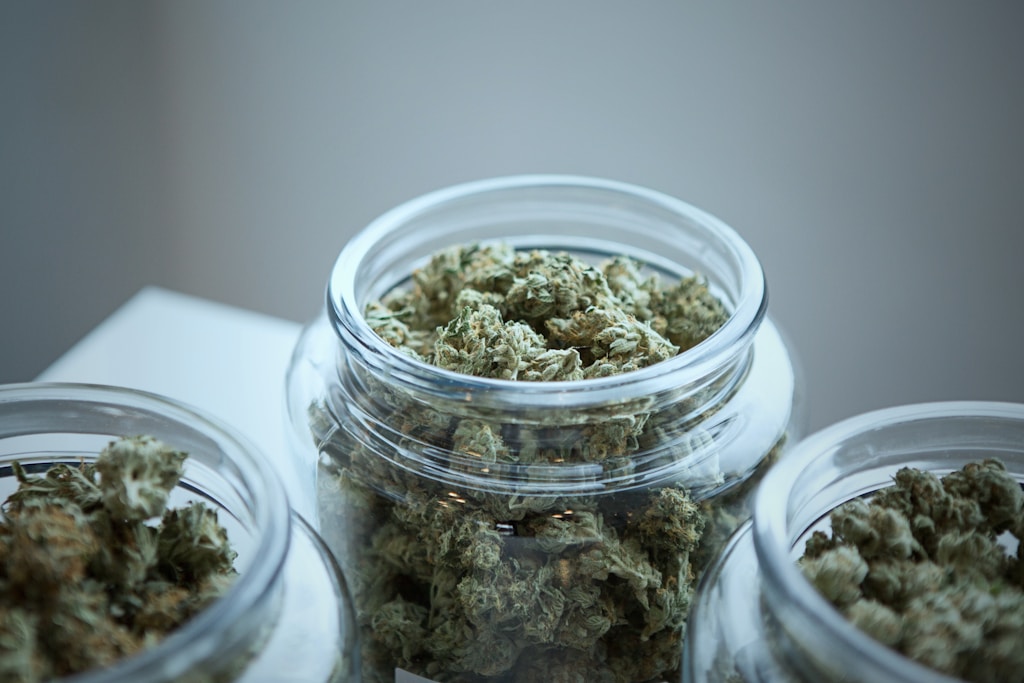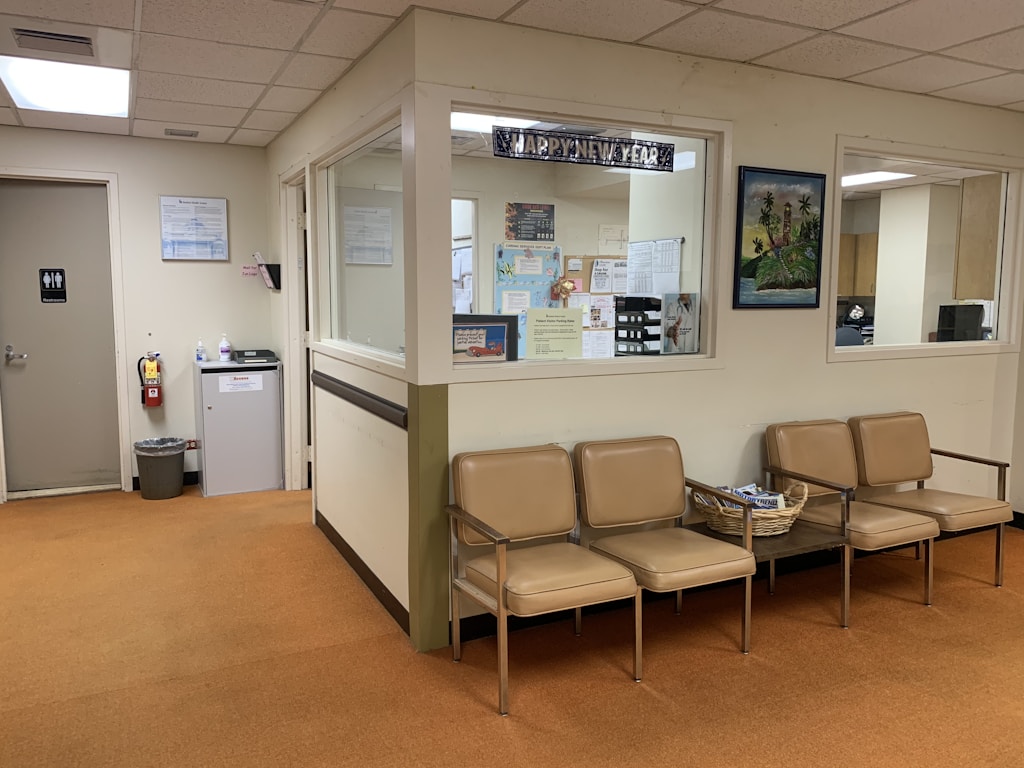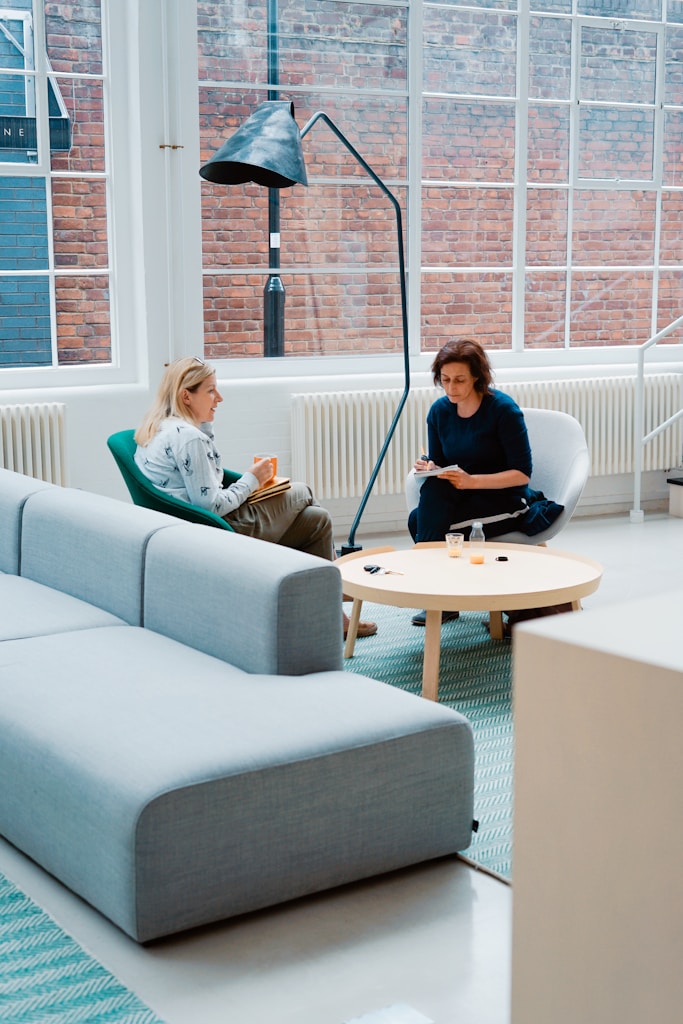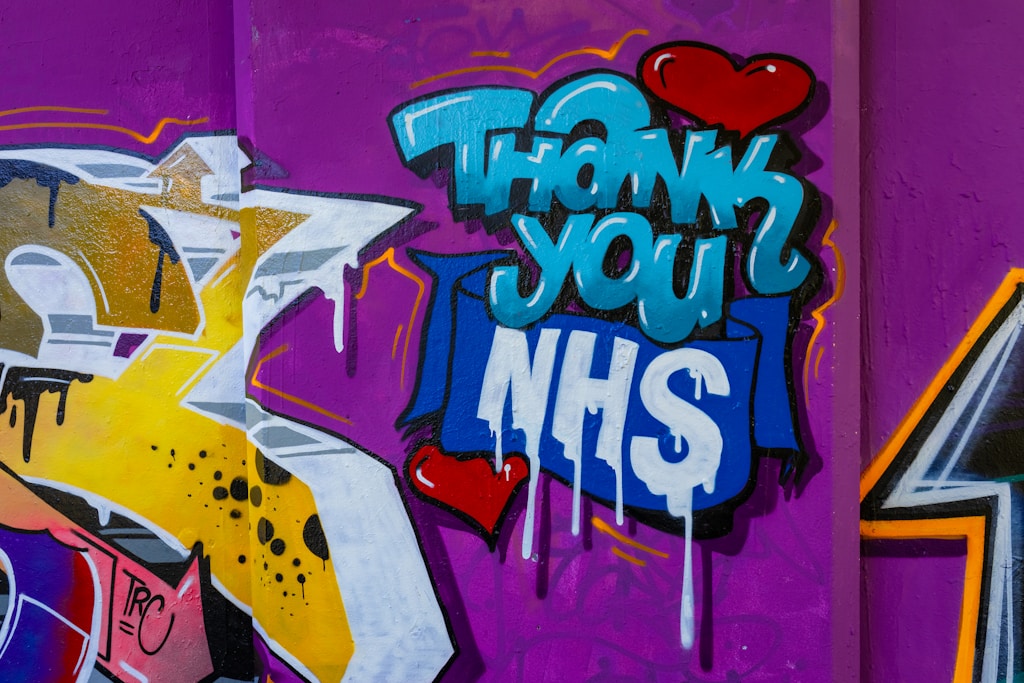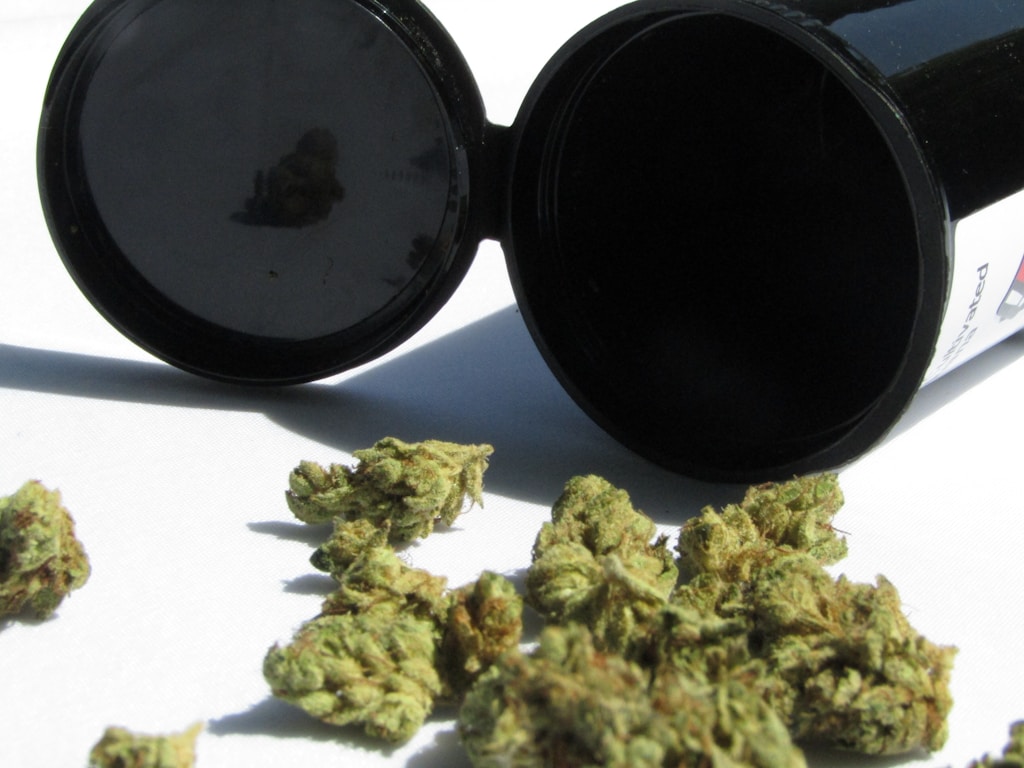by Doug – the northlondonhippy
This hippy opinion piece takes a deep dive into the dismal state of British Medicinal Cannabis.
The subject is divisive, and there’s bound to be an opinion in here that pisses off nearly everyone.
Introduction
Cannabis was legalised for medicinal use in the United Kingdom in 2018, under a ridiculously rigid, and poorly implemented regime for a substance that is quantifiably considered extremely safe. And it is all the medicinal users of cannabis, whether legally sourced, or reliant upon the legacy market, who have continued to pay the price for the mess that is legal cannabis in Britain today.
The general standard of the products legally available isn’t great, nor is their continued availability. And the customer service side of this industry is even worse, from the initial tidal wave of bureaucracy, to chasing your regular, monthly prescription renewals. It’s been a disaster.
Improvements are constantly promised, yet rarely ever seen, but the issues are even deeper, and more systemic than that. The entire set up is not fit for purpose, and needs to be overhauled from the ground up, using other country’s superior implementations as a guide.
The First Elephant in the Room
It seems ridiculous that I even have to point this out, as I rarely see it mentioned, but to me it is the biggest, dumbest accommodation made, in the entire British legal cannabis system. And the way everyone just rolled over on it, continues to boggle my mind. That accommodation is this:
Medicinal herbal cannabis has to be vaporised. This is a mandatory restriction, because if you smoke it, somehow it magically invalidates your prescription, and makes your consumption illegal. WTF?
Smoking cannabis is one of the oldest, and certainly most common forms of consumption in history. It may not be the most ideal, but certainly shouldn’t that decision remain with the consumer?
It’s fine if doctors want to endorse and encourage vaporisation as their preferred method for patients medicating. I own several vaporisers myself, and I love them. But at the end of the day, when I need to finally get some sleep, nothing hits me the same way as a neat joint (no tobacco) of pure Indica flower.
I’m sure some of you naughty legal prescription holders out there still skin-up on the QT as well, but the fact is that you shouldn’t need to hide your preference for combustion.
By all means recommend vapes, endorse them, subsidise them even, but don’t force them on everyone with some bizarre, performative, restrictive law. It makes a mockery of the entire system that is meant to legitimise the use of cannabis as an actual medication. Questioning, and denying the medicinal value of a perfectly valid method of consuming it, diminishes much of what you’re trying to achieve.
When the guidance, and the laws were being drafted, did anyone even put up a fight? There are plenty of people who were involved in this process, who knew better, yet rolled over anyway.
Cali Legal Weed
The US State of California legalised cannabis in 1996 for medicinal use. The system was really simple, and far superior to ours.
After an inexpensive visit to specialist doctor, who reviewed your medical history to see if you suffered from one of the many qualifying conditions that might benefit from cannabis, you were issued with a medical cannabis ID card. With that card, you could then visit your local, legal dispensary, where you could safely purchase your cannabis flower, from a knowledgeable bud tender, who had personally sampled every strain available, and could offer useful advice on your choices. You could even smell the aroma of the bud, before you buy, which is more crucial than you might realise when selecting the right strain for you.
Dispensaries popped up all over the state, and the sky didn’t fall in. In fact, the system was so successful, that 20 years later, they extended legalisation to include all adult usage, medicinal or not.
It’s not just California; more than half of all US states have now legalised weed. Many countries have relaxed their approach to cannabis, and many more are expected to follow in the near future. Sadly, Britain is not one of them.
British Legal Weed
To secure a legal prescription here in the United Kingdom, your only option at this point is to go private. The NHS still refuses to accept the undeniable benefits of medicinal cannabis use, but that is an argument best left for another day. I want to concentrate the system we have now.
As with going private for anything medical, private cannabis is expensive. There are consultation costs, prescription renewal costs (with some clinics), admin fees, delivery fees, and the cost of the actual medication itself. Oh. and don’t forget you need a proper herbal vaporiser, which is not an insignificant cost.
You need deep pockets, and for many, those pockets need to be even deeper than what they might spend for the equivalent from the legacy market. Or if they previously grew their own, it would cost exponentially more. Going legal ain’t cheap!
I don’t currently have a prescription, but I do have more than one qualifying condition, so I am eligible. And I do have a Cancard, but more on this a little later.
I monitor the state of our legal cannabis market via the many subreddits, and forums online dedicated to the subject. While I will acknowledge that people tend to post complaints in general, more than praise, the scales of the posts I see on medicinal cannabis tip heavily towards the negative. I’m sure there are some patients happy with the system, and if it works for you, that’s great. But I am even more certain, anecdotally anyway, that the majority are not happy, and would welcome significant improvements.
I tried to get a prescription a couple of years ago, but I lacked proof of the years of therapy I had when I lived in the states, as well as the psychiatric drugs I was force fed. Since then, I’ve been diagnosed with a rare, hard to treat form of epilepsy. And I’ve had seizures while taking lots of different pharmaceutical drugs, so I definitely have proof now I qualify, should I wish to pursue the legal route again. But for me to consider it again, the system would need that overhaul I mentioned.
Even the initial process can seem daunting to some, and quite frankly, that is because it is a huge bureaucratic mountain for many to climb.
You need to get a summary of your care, from your GP surgery. Not all surgeries are helpful. And you need to be able to prove that you have at least one qualifying condition, and that you’ve tried two prescription medications that failed to help with it. Plus if it is a mental health issue, you also need proof you have tried therapy as well.
And that’s just to qualify for the initial consultation, though to be fair, if you make this far, it seems most people are prescribed.
After your initial consultation, the real fun begins… Trying to get a hold of your medication of choice. Some clinics limit, or push you to products produced by their parent companies, and they all seem to want to push people towards oils first.
The clinic that prescribes you, then has to send your prescription to a dispensing pharmacy. Until recently, that prescription had to be on paper, but now it can be sent electronically. Either way, there will still be a delay in dispatch, assuming they have what was prescribed available, and in stock. And how many times you have to contact them all to chase it, when something goes wrong.
Most people have to try many strains before finding one that helps, as the doctors are not that knowledgeable about the products.
There’s an open secret regarding doctors who prescribe medicinal cannabis; they’re really only in it for the money, and very few have any useful knowledge of cannabis, beyond the 2 hour online training course available to be able to prescribe it.
Yes, you read that right. For a doctor to be able to prescribe cannabis privately, for a fee, all they need to do is follow some simple guidelines, and maybe complete a short online training course.
Don’t get me wrong, my personal view is that any doctor should be able to recommend cannabis in the same way they recommend aspirin. And you should be able to self-refer for cannabis, the same way you can purchase aspirin over the counter. Technically, cannabis is safer than aspirin.
Who would you rather have helping you choose a strain for your condition? A fully trained doctor who spent 2 hours studying cannabis, and cannabis based products online, or a bud tender, that’s tried every product they’re selling? I know whose endorsement would matter more to me, and I bet I’m not the only one.
Legal vs Legacy
In all of my 40+ years of consuming cannabis, I have never bought mouldy weed. I’ve never found insects in a bag of weed either, and I have hardly even seen a seed since the mid 1980s. And I’ve never had to wait 2-4 weeks for my medication. None of that is true for British medicinal cannabis. Everything I’ve mentioned has been an issue for patients at some point, especially the delays.
The legacy market has been efficiently providing quality products for decades, and continues to do so, all around the country. How it does that is yet another discussion, for another day.
The legacy market is unregulated, so it is obviously less than ideal, but it’s still a business, reliant upon repeat custom. Selling quality products insures punters come back, again and again.
From my perspective, the legacy market still remains superior to our legal prescription market. The quality, and standard of products is consistent for me, the prices have remained steady for years, and the customer service has always been first rate.
The legal market is stressful. The medicinal cannabis subreddits are full of people going through all sorts of unnecessary drama to receive their medication, if they receive it at all.
Delays aren’t just common, they are expected, as is having your first (or second, or third) choice of medication unexpectedly unavailable for weeks, without explanation. And then when it does come back into stock, there’s a rush on it, and they quickly run out again.
And if the random availability wasn’t bad enough, the products themselves can vary. One batch of your favourite strain could hit just right, and then the next prescription for the same strain, does nothing for you. There is no consistency, and much of what is sold, is very dried out, lacking any aroma, or terpenes.
Whether you source it from the legacy, or legal markets, there is a superior third option for sourcing, but you’re not allowed to use it.
The Second Elephant in the Room
In many places, where cannabis is legal, growing your own at home is permitted. This is a no-brainer, as patients can produce their own high quality medication at home, much cheaper than they can buy it from either the legal, or the legacy market.
Growing quality bud is a skill, but it is one that most people can master given the time, especially if they’re motivated. And who would be more motivated than someone suffering medically, who wants to keep their costs down, during a global financial crisis!?
Growing your own should be at the very heart of our drug laws, especially medicinally. It should be a cornerstone of the policy, instead of leaving greedy corporations to produce substandard products. As far as elephants and rooms go, I’d say this is a massive one.
To sort of paraphrase Moses, “Let my people GROW!”
One Last Room, One Last Elephant
Medicinal cannabis is a divisive subject, but it is especially divisive within itself. The amount of bickering I see within the cannabis community is depressing.
Don’t we all want the same thing? We don’t want to see anyone arrested for possession, whether they have a prescription or not. We all want cannabis use to be seen as the positive, life enriching thing that it is, don’t we? We want it legal for all.
Having a prescription is meant to shield you from arrest, but it doesn’t, as there have been reports from all around the country of legal patients running into trouble with the law. That shouldn’t happen. Many people get prescriptions just to remain within the law, but what’s the point when the law doesn’t care?
Prescription or not, people should not be arrested for the possession of any drug. It’s not difficult. We’re all meant to be on the same side. Which is why I am even more confused by the hate for Cancard.
Cancard is a scheme set up by another medicinal cannabis user who avoided a conviction in court by using a medicinal cannabis defence. This victory means everyone who uses cannabis, can use the same defence. Joining the card scheme means you qualify for a prescription, whether you have one, or not.
The patient’s name is Carly Barton, and a few years ago, she decided to stop using the legal cannabis market, and to grow her own instead. Good luck to her, she’s a trailblazer!
I have a Cancard myself, and have been a member of the scheme for several years. They offer police training, and in some parts of the country, that training has helped people like me avoid legal hassles, and in some cases, even keep their medication.
Sadly, much like a legal prescription, there’s no guarantee a Cancard will prevent arrest, or prosecution. It will however, most certainly be a mitigating factor at some point. And that should result in an “NFA”, as in no further action will be taken, since a successful prosecution is unlikely, because of the medical defence.
I don’t understand all the hate. Carly, and Cancard just want to prevent arrests, and have done in many cases. A legal prescription is meant to prevent arrest, and confiscation as well, but that doesn’t always work either.
Can’t we all agree that NO ONE should be arrested, regardless of where they source their medication?
And that’s the final elephant, in the final room.
When the UK government legalised cannabis, even privately, that was a tacit admission that cannabis is medicinally beneficial. No ifs, ands, or buts, about it.
Cannabis is cannabis, whether you grow your own, source it legally, or from the legacy market. If it keeps you healthy, and alive, that is all that matters.
If these were your only two choices, which would you prefer? Would you rather be illegally alive, or legally dead? I’ve already made my choice. I’m still here.
I’m actively trying not to die from a potentially fatal form of epilepsy, among other long term physical, and mental health maladies. If you take away my special private medication, and I croak, that shit is 100% on you. I’m still here because of weed. Lots of us are.
Why can’t we be more like California, and have an actual grown-up, functional, beneficial medicinal cannabis system that’s affordable?
Why are our politicians from both main parties, so out of step with the electorate, the medical community, and the rest of the world on the simple subject of cannabis?
Why do we let our rabidly rightwing media dictate our health policy? That’s the real issue, but there isn’t a room big enough to contain that particular pachyderm.
It’s your body, it’s my body. We all have the innate right to make our own significant health choices that we know benefit us. I know you know this already, but how do we convince everyone else? It shouldn’t be as hard as it has been, and continues to be. But I’m not giving up the fight, I’m still preaching the good word, till my very last breath. And I’m still breathing.
***
After a 30 year career as a journalist, working for some of the largest news organisations in the world, including Associated Press and Reuters, and 15 years as a duty news editor for BBC News, Doug – the northlondonhippy is now a full time hippy, and writer. And for the last few years, he’s been #EpilepsyHippy. His life was a whole lot more fun before gaining that new title. For real.
Doug is also the author of “Personal Use by the northlondonhippy.”
“Personal Use” chronicles Doug’s years of experience with mind altering substances, while calling for urgent drug law reform. It’s a cracking read, you will laugh, you will cry, and you can bet your ass that you will wish you were a hippy too!
You can also find Doug – the northlondonhippy on Twitter: @nthlondonhippy but only if you look really hard.
And if you want even more, (and who wouldn’t?) you could always check out Hippy Highlights – which is the best of the best stuff on the site, and it’s all free to read. What are you waiting for?
















